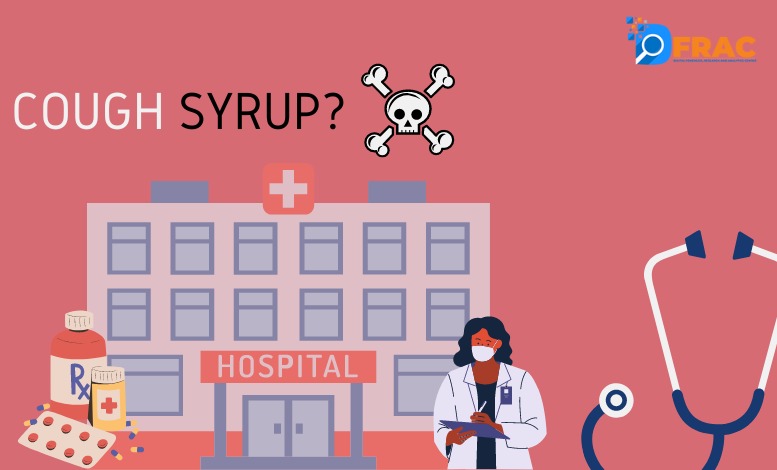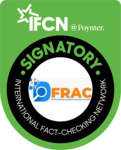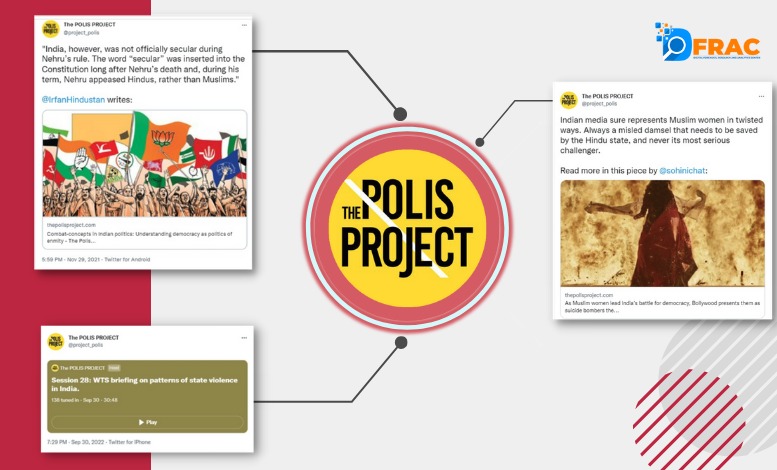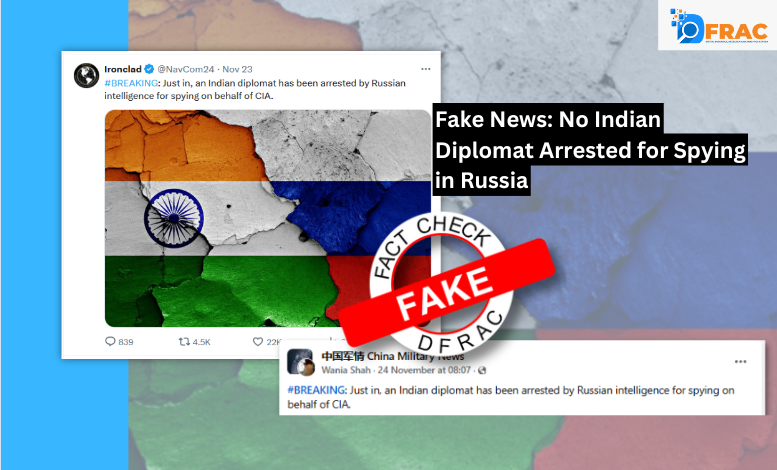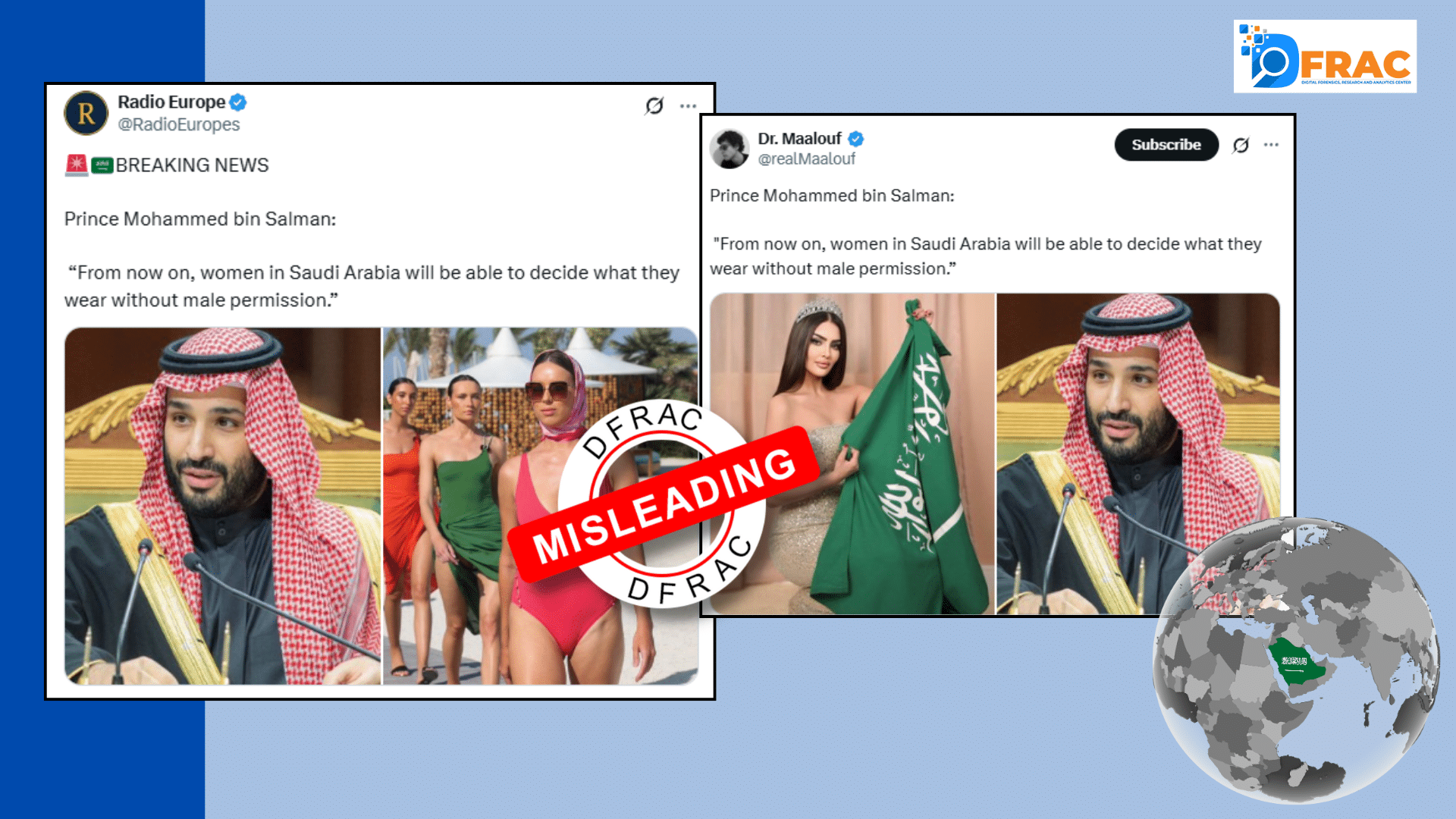First, the death of 69 children in Gambia in October, now 19 kids die in Uzbekistan’s Samarkand. Both cases have a thing in common. Kids in both countries took cough syrup made by Indian companies, thereby bringing the country’s pharmaceutical companies into the limelight yet again. After drinking the syrups, the condition of the children deteriorated resulting in deaths. The syrup in the first case was manufactured by the Indian company Maiden Pharmaceuticals Limited and was exported to the African country under four different brands.
The World Health Organization said that four medicines made by Maiden Pharmaceuticals Ltd contain diethylene glycol and ethylene glycol at ‘unacceptable levels’ above safe standards, which can be fatal.
The WHO said these products were ‘contaminated’ and that their use had led to ‘fatal symptoms such as abdominal pain, vomiting, diarrhea, difficulty urinating, headache, mental status changes’.
On this whole issue, the pharmaceutical company said that it was ‘properly following the protocols of the health authorities’ in the process of production and it was ‘shocked’ and ‘deeply saddened’ by the incident.
Regarding the incident in Gambia, the Government of India constituted a special panel to investigate the entire matter. Now with another case, another firm Marion Biotech is in the soup. However, the scandal has already raised painful questions about India’s vast pharmaceutical industry.
India is the world’s leading country in the manufacture of vaccines and is also a major producer of generic drugs. Generic medicines are cheaper in terms of cost. Also, in terms of quality, they are as effective as branded medicines.
India supplies 20 percent of generic drugs globally. Credit rating agency Care Ratings estimates that India’s pharmaceutical industry will continue to grow with an increasing export share and will be worth about $60.9 billion by next year.
However, a vast pharmaceutical market also carries the risk of production and distribution of counterfeit drugs, as many question India’s strict adherence to regulations.
The Gambia incident involving India-made cough syrup is not the first of its kind. Two years ago, 17 children died in Jammu and Kashmir after consuming a syrup made by a company called Digital Vision.
In the investigation of this incident, it was found that the amount of diethylene glycol in the syrup was very high. A WHO report following the death in Gambia also found that cough syrups shipped there had “unacceptable levels” of diethylene glycol and ethylene glycol above safe standards.
After the incident in Jammu and Kashmir, the Government of India banned the use of this cough syrup and it was decided to use products that do not contain these two toxic substances diethylene glycol and ethylene glycol.
A few years back in 2016, two Indian pharmaceutical companies were accused of exporting spurious diabetes medicines.
The Food and Drug Administration (FDA) of India investigated Pharmaceutical Products of India Limited and Venvari. It was found that there was an agreement between the two regarding manufacturing and export. Both companies were illegally rebranding the diabetes drug Metformin Hydrochloride and exporting them to Bangladesh, Brazil, Mexico, and Pakistan. This illegal activity was going on for many years.
In 2013, a company called Ranbaxy Laboratories was convicted for manufacturing and distributing adulterated drugs. Under a settlement with the US Department of Justice, the company agreed to pay a fine of $500 million.
Last year, when India, like other countries of the world, was also battling the wave of CoCoronavirus, then a large number of fake vials of Remdesivir were sold in the market at high prices…
